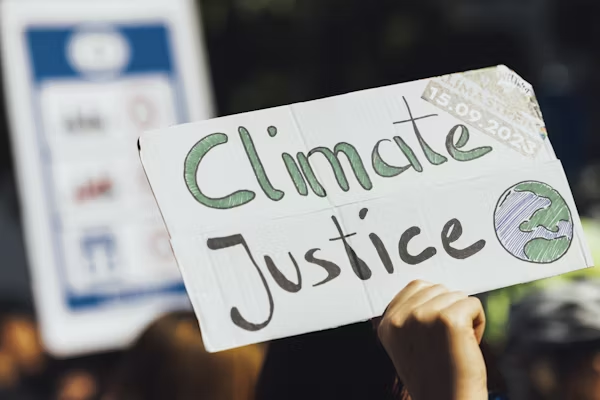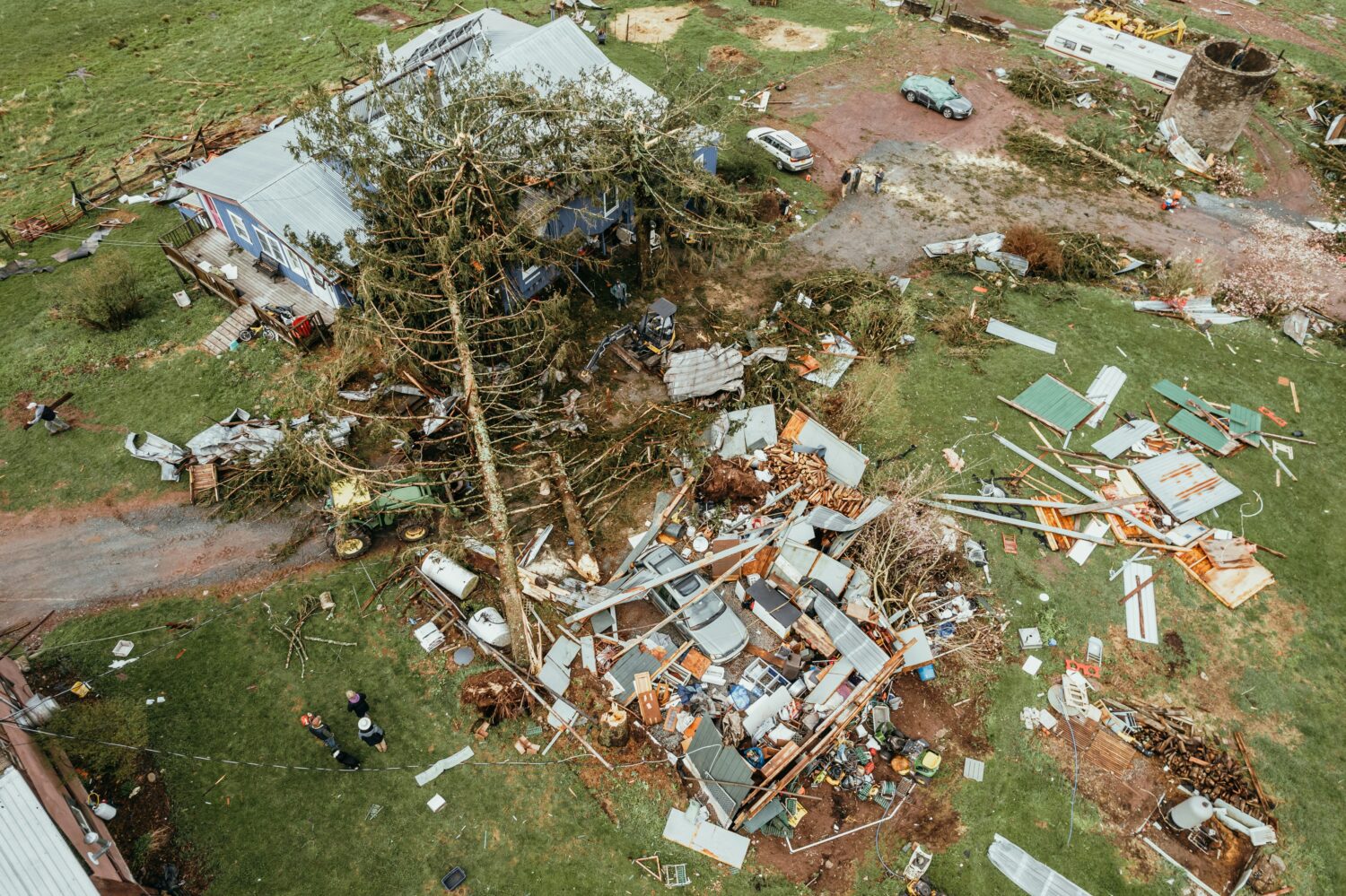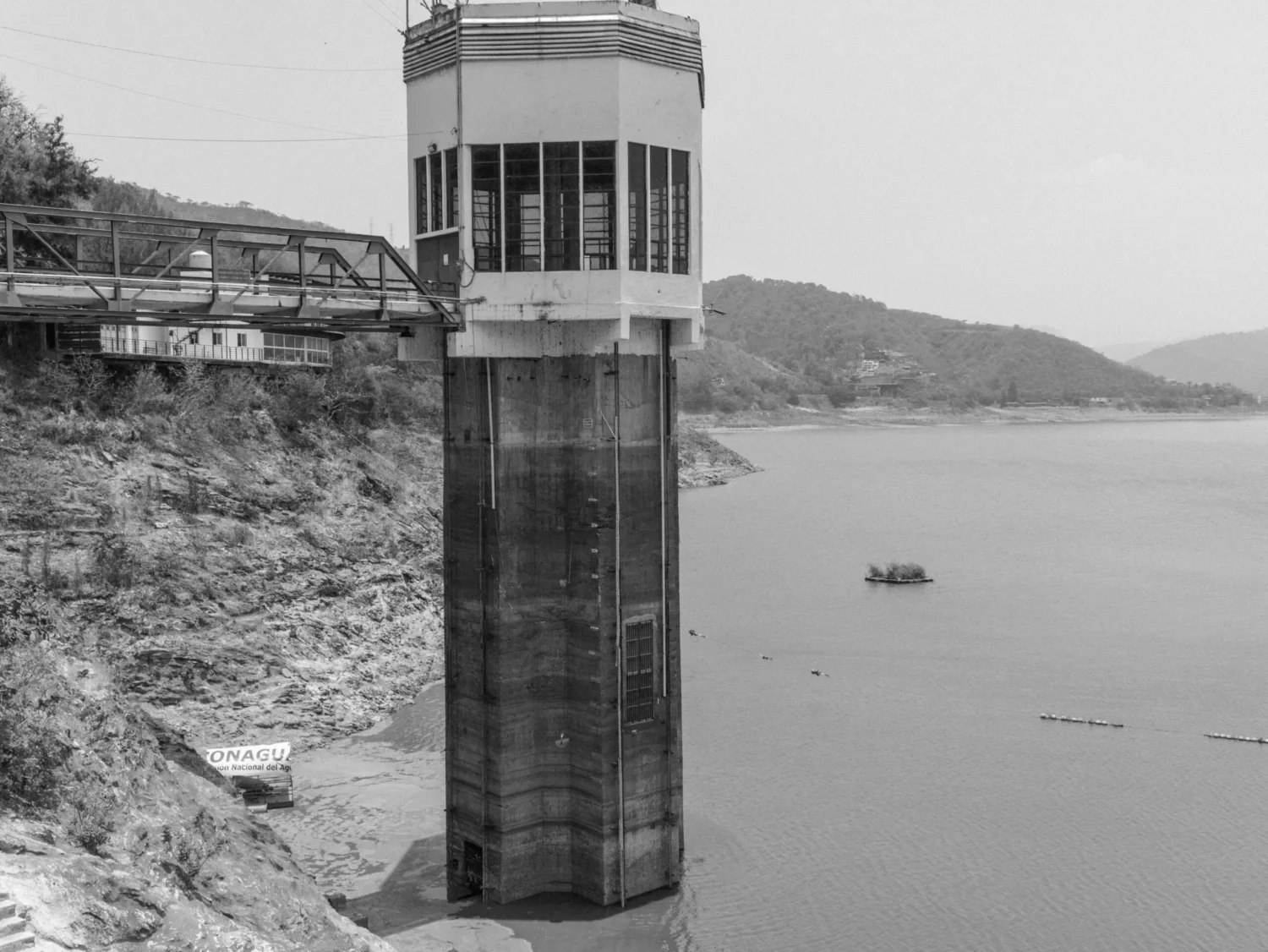Prudent risk management requires consideration of bad-to-worst-case scenarios. Yet, for climate change, such potential futures are poorly understood. Could anthropogenic climate change result in worldwide societal collapse or even eventual human extinction? At present, this is a dangerously underexplored topic. Yet there are ample reasons to suspect that climate change could result in a global catastrophe. Analyzing the mechanisms for these extreme consequences could help galvanize action, improve resilience, and inform policy, including emergency responses. We outline current knowledge about the likelihood of extreme climate change, discuss why understanding bad-to-worst cases is vital, articulate reasons for concern about catastrophic outcomes, define key terms, and put forward a research agenda.
The proposed agenda covers four main questions: 1) What is the potential for climate change to drive mass extinction events? 2) What are the mechanisms that could result in human mass mortality and morbidity? 3) What are human societies’ vulnerabilities to climate-triggered risk cascades, such as from conflict, political instability, and systemic financial risk? 4) How can these multiple strands of evidence—together with other global dangers—be usefully synthesized into an “integrated catastrophe assessment”? It is time for the scientific community to grapple with the challenge of better understanding catastrophic climate change.
Luke Kemp, Chi Xu, Joanna Depledge, and Timothy M. Lenton
Link to article by Luke Kemp, Chi Xu, Joanna Depledge, and Timothy M. Lenton published in PNAS (Proceedings of the National Academy of Sciences of the United States)






